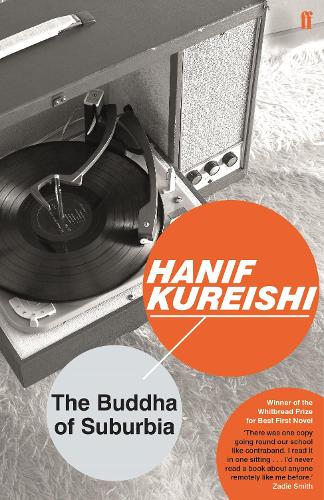The novel is praised for its incisive portrayal of identity struggles, particularly focusing on race, class, and sexuality, with a protagonist navigating dual cultural worlds.
This review emphasizes the novel's focus on the protagonist Karim's complex identity as a mixed-race teenager confronting racism and cultural duality in England. It underscores how the story vividly portrays the tensions between his Indian heritage and English upbringing, as well as his exploration of sexuality. The depiction of Karim's family dynamics and societal challenges enriches the narrative, making it a significant coming-of-age story that delves into identity and belonging.
Quick quotes
Karim’s identity as an Englishman lies at the center of this story.
The central angst of his life lies in confronting entrenched English racism.
The conflict between his cultural identities forms a central theme of the novel.
